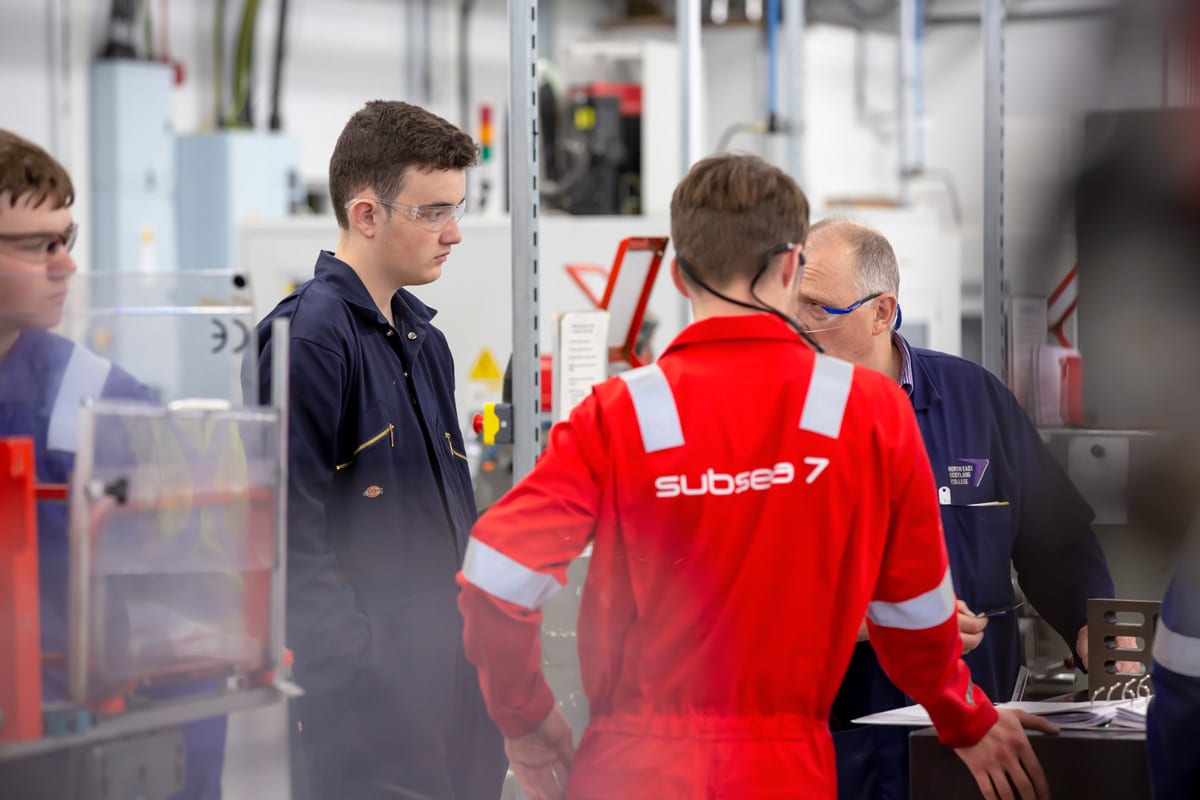Why take this course?
This Unit is designed to help candidates understand the basic principles and concepts of Control Systems and Transducers. A control system consists of a number of components (which can be electrical, mechanical, thermal or hydraulic) that act together to maintain a desired output in a process. Control systems are used extensively in industries like oil refining, electrical generation, chemical processing, and manufacturing and production. Our homes and offices also use control systems to regulate temperature and air conditioning.
The Unit will enable you to develop the necessary knowledge and skills to understand the structure and general behaviour of different types of control systems. Study takes a non-mathematical approach to control systems, and you will learn how to explain control system concepts, use block diagrams to model systems, and use graphical methods to describe their behaviour.
What you will experience
You will begin by learning about types of component parts that make up control systems. You will also learn how information is transferred between the component parts by means of analogue and digital signals. You will discover that the operation of a control system is heavily influenced by its environment, and that the choice of equipment and signal types depend on the location of the system. The need for signal conditioning devices such as filters and amplifiers will be covered.
As you progress, you will learn about different methods of controlling the output of a process. Basic methods such as open loop control will be covered. However, these have limitations and disadvantages. Therefore, you will learn about the need for closed loop control systems which have the facility to measure the output variable being controlled, so as to sense changes and enable corrective action to be taken to ensure system output is maintained at the desired value. Such control systems include temperature control and flow control of liquids. You will also develop knowledge and skills to enable you to understand how controllers can be used to modify the way open and closed loop control systems respond (with respect to speed of response, damping, and transient and steady state response).
Closed loop control systems incorporate devices called transducers. These accept energy in one form, e.g. heat, and produce output energy in some other form, such as an electrical signal. You will study the operation and application of a range of transducers suitable for measuring variables such as temperature, flow, displacement, velocity, pressure, strain, position, level and light. In addition, you will have the opportunity to construct circuits and systems that incorporate transducers. You will measure characteristics of transducers, and study the overall operation of the circuits and systems that you build.
By the end of this Unit you should possess the knowledge and skills to enable you to explain control system elements and signals, explain the operation and application of a range of transducers, describe the structure/behaviour of control systems, and demonstrate the application of transducers in control systems.
The formal assessment for the Unit will consist of a both a written assessment paper lasting two hours and a laboratory assignment lasting two hours.
















